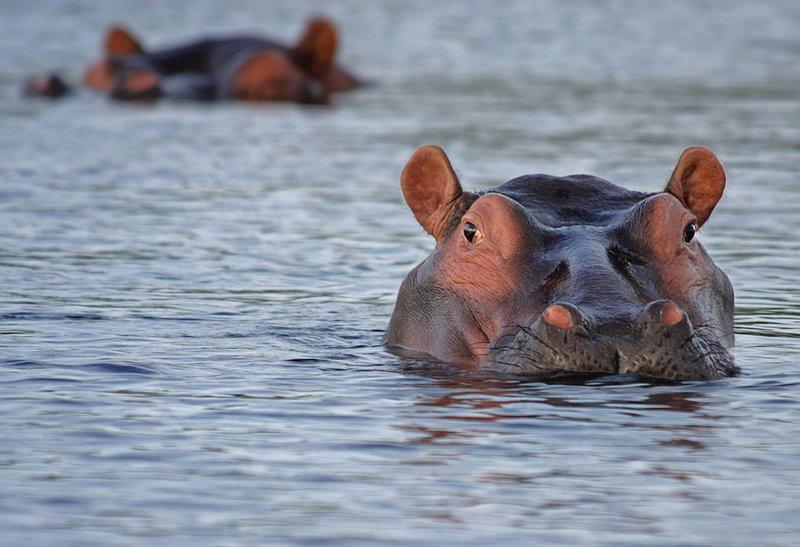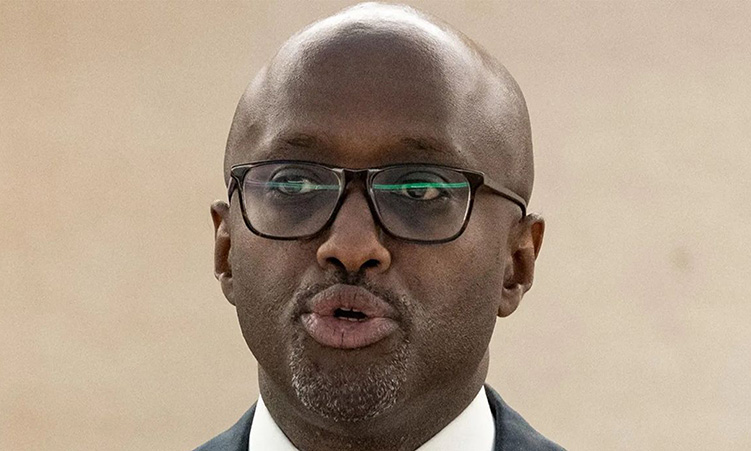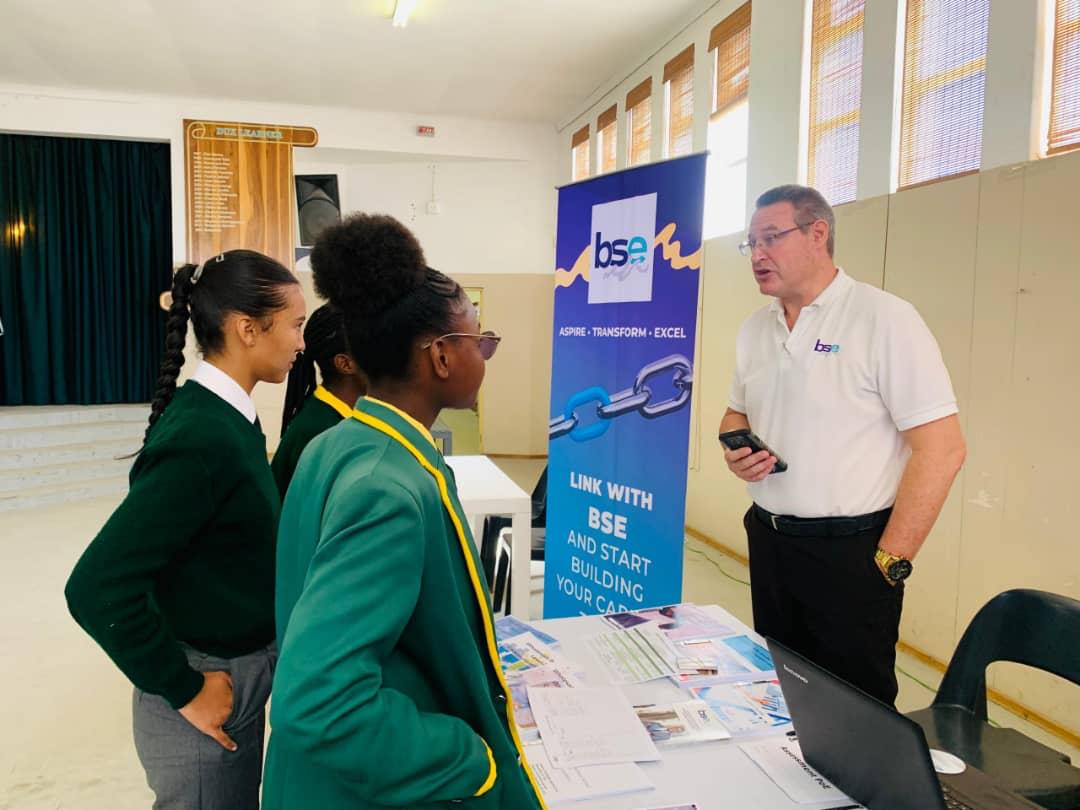CAPE TOWN – South Africa is considering regional investment into its 400 000 barrels-per-day planned refinery at Coega in exchange for supplies of fuel products, Energy Minister Dipuo Peters said on Monday.
Situated on South Africa’s south-eastern coast, the US$9 billion refinery developed by national oil company PetroSA is expected to help ease South Africa’s dependence on imported fuels, estimated at 3 billion litres a year, with refined products exported throughout the southern African region.’We are exploring the possibility of making this facility a regional facility by attracting investments from the neighbouring countries in return amongst others for greater security of fuel supply,’ Peters told an African Energy conference in Cape Town.She later told Reuters that PetroSA was already in talks with countries in the region.’We are talking to people in Namcor (Namibia) and people in Sonangol (Angola),’ she said, but added no commitments would be made before the completion of the plant’s feasibility study, due in September.PetroSA said last month it was confident it would be able to source the funding required as investors were on the lookout for quality products.The company’s Chief Executive Sipho Mkhize said in a speech later on Monday the last fuel shortage seen in South Africa in 2005 cost the biggest economy on the continent N$925 million (US$116,3 million) a day.RISING DEMANDMkhize said demand for petroleum products was outstripping the available refining capacity for the first time in 45 years and was seen rising further, threatening South Africa’s supply security in case the new refinery is not built.’What this implies is that by 2016, South Africa would have to import, per annum, about two billion litres of petrol and seven billion litres of distillates, which included diesel and jet fuel,’ he said.The company expects to make a final investment decision on the Coega project by early 2011, with the start of production seen by the end of 2014 or early 2015.The state-owned oil firm is also in talks to import 500 000 tons of gas a year to keep up production at its Mossel Bay gas-to-liquid refinery, expected to exhaust supplies in 2011.Peters said natural gas and liquid petroleum gas was ‘grossly underutilised’ on the African continent where costs were a prohibitive factor. She said government intervention to reduce costs was inevitable.’We need to find imaginative ways of increasing the use of this energy resource. On LPG the cost seems to be a deterrent and therefore government intervention to reduce the cost is inevitable,’ she said. She later added the government was planning to regulate prices for gas in the way it set prices for petrol and diesel.-Nampa-Reuters
Stay informed with The Namibian – your source for credible journalism. Get in-depth reporting and opinions for
only N$85 a month. Invest in journalism, invest in democracy –
Subscribe Now!










